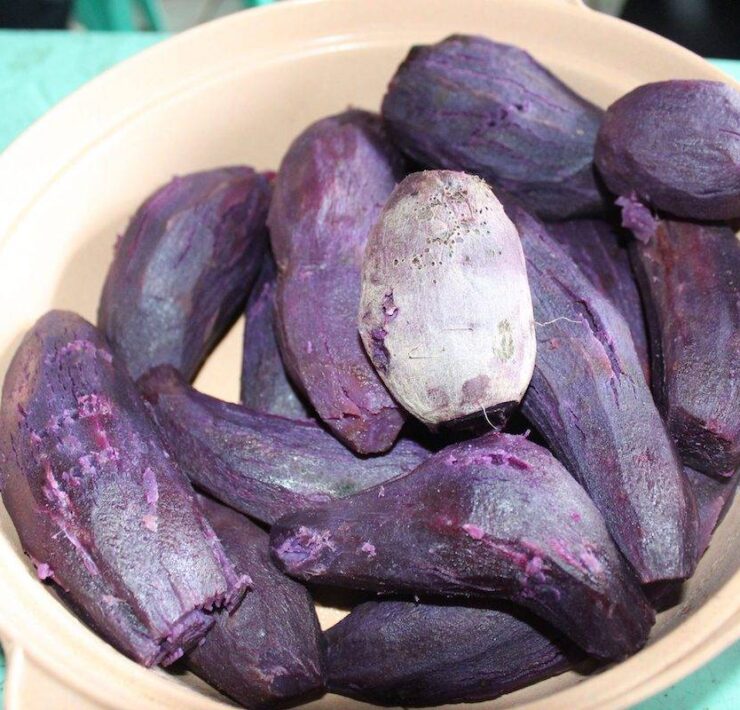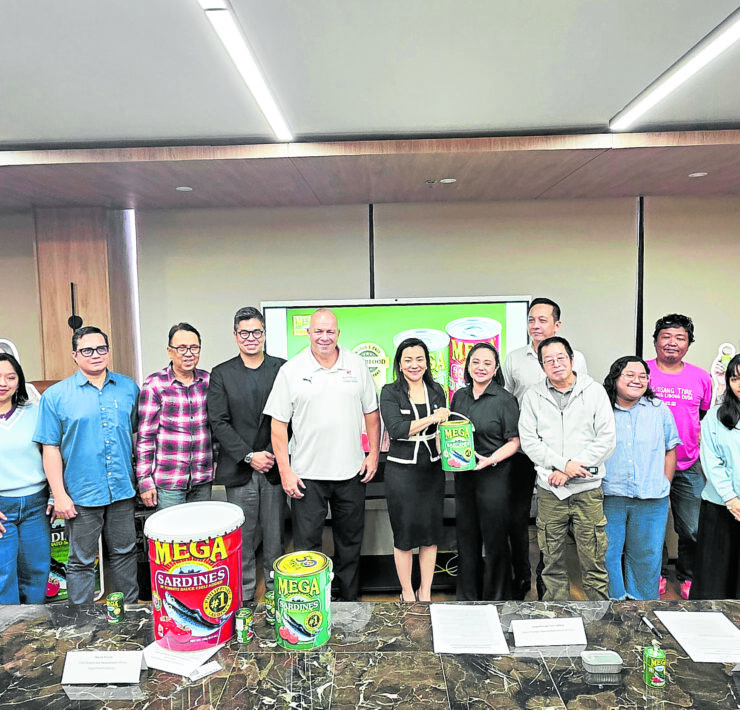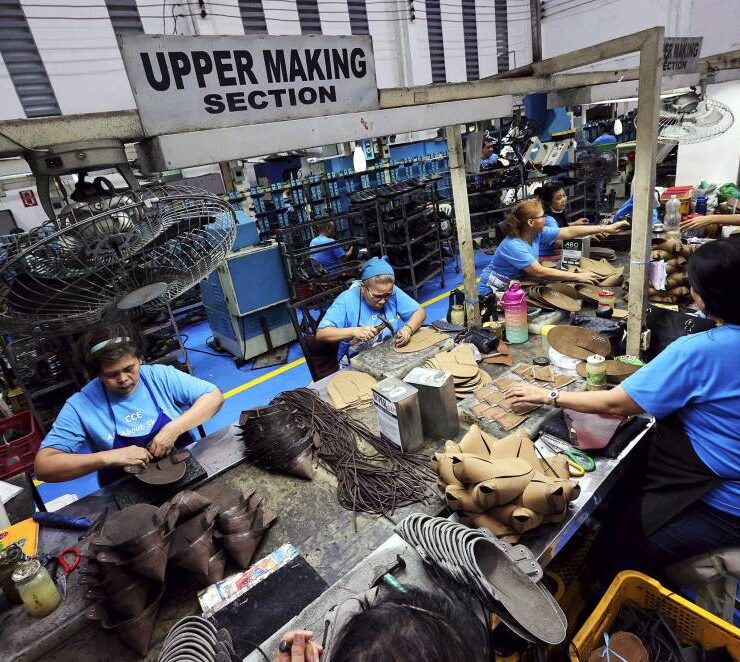Mars Wrigley going strong in PH; Antipolo facility turns 60
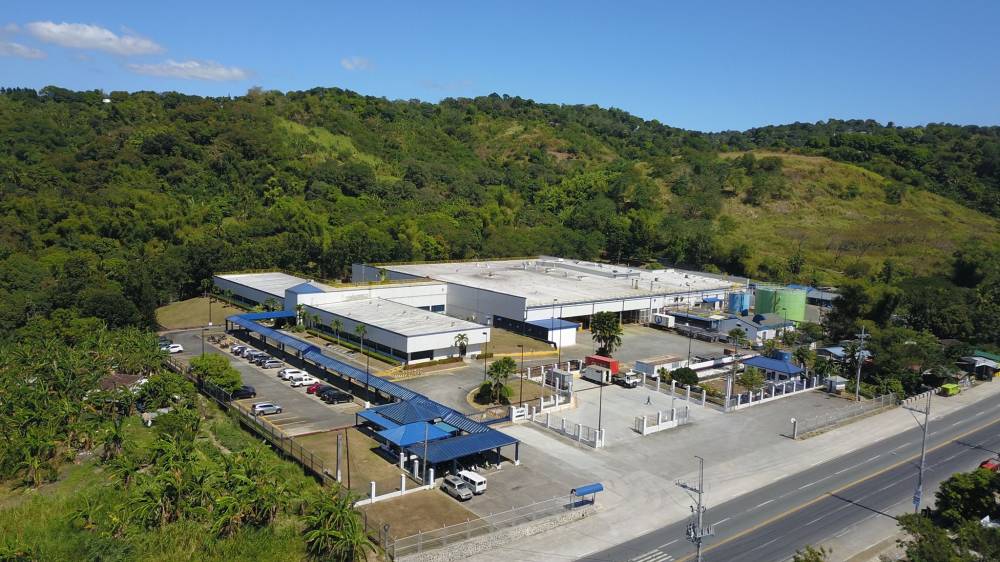
Mars Wrigley, maker of popular chocolate, chewing gum and mint brands such as M&M’s, Snickers, Doublemint and Skittles, recently celebrated the 60th anniversary of its factory operations in Antipolo City with a commitment to invest another $2 million or P114 million over the next three years to upgrade infrastructure, packaging and machinery to meet growing customer demand.
Kalpesh Parmar, general manager of Mars Wrigley Asia, said in a recent briefing that the investment would allow it to meet the growth in the demand that has remained robust in the Philippines and other countries in the region, where products manufactured in Antipolo City are exported.
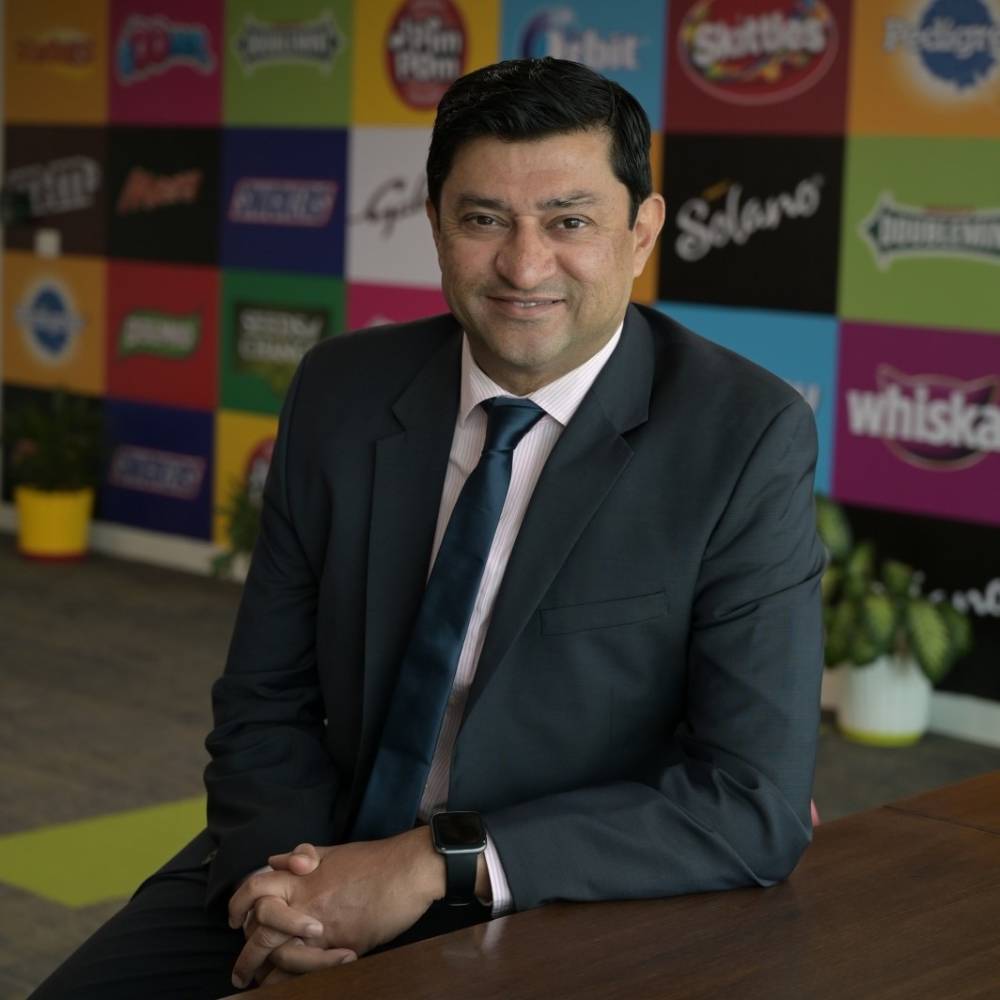
Over the years, Mars Wrigley’s Philippine operations have grown into a regional manufacturing hub serving markets across Southeast Asia. It specializes in chewing gum brands, such as Doublemint, Juicy Fruit and Cool Air for both Filipino consumers and export markets.
Currently, it produces up to 30 metric tons of chewing gum products every day, of which 86 percent are exported to countries including Indonesia, Malaysia, Thailand, Vietnam, Laos, Brunei and Bangladesh.
As it ramps up operations to meet product demand, the next few years will see Mars Wrigley working to extend its market reach all the way to the “sari-sari” stores, while maintaining its strong presence in the formal trade that includes the supermarkets, groceries and convenience stores.
Mars Wrigley will also continue to make progress toward its net zero ambition by 2050, which means continuing the shift to 100-percent renewable energy.
This was made possible through the installation of a biomass boiler last year that helped the manufacturing facility become more sustainable.
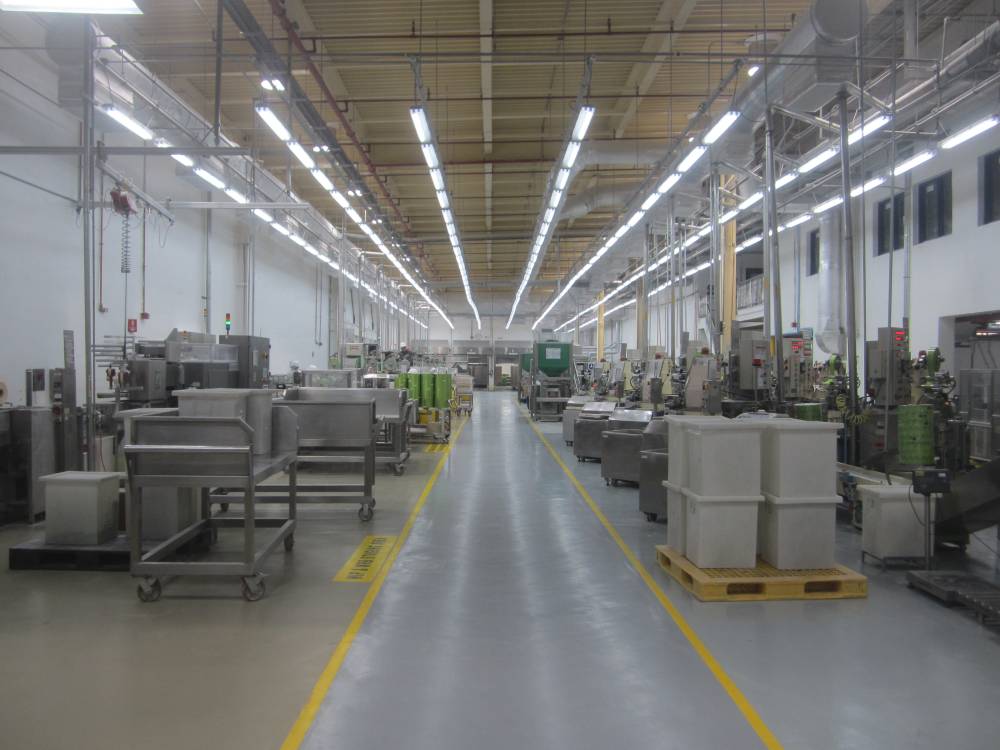
Biomas boiler
The $1-million investment in the biomass boiler has already reduced the plant’s annual carbon emissions by approximately 679 tons as it allows the Antipolo facility to move away from using diesel as a source of thermal energy and transition to using rice husk as its renewable energy resource.
The rice husk as well as coconut shells fed into the biomass boiler are sourced and collected from the farmers of the nearby communities.
This contributes to cleaner air in the environment while enhancing the livelihood of the farmers in the Antipolo community, which has embraced Mars Wrigley.
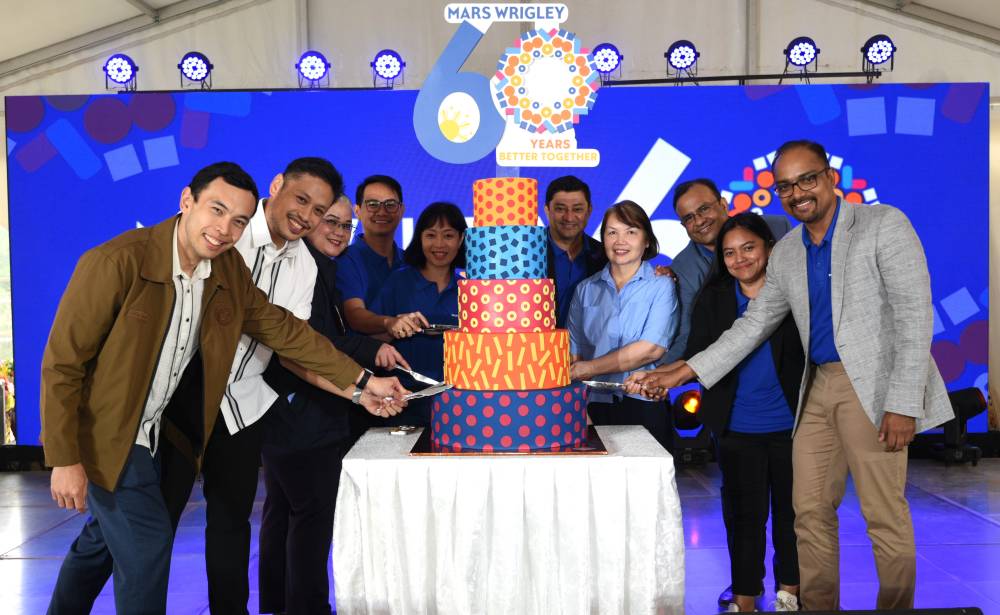
“We’re proud to call Antipolo City home to one of our most important manufacturing facilities in the region,” said Salazar Maquito, factory director of Mars Wrigley Antipolo, “This milestone is not just a celebration of 60 years in history and tradition but also looks forward to a bright future that continues to give back to the people and the planet.”
Parmar underscored that while the company continues to be measured by financial performance, it will remain guided by a deep commitment to generate positive societal impact, establish trusted partnerships with stakeholders and invest in opportunities that will enable it to grow for the next 100 years.
“Operating with this balance of purpose and values ensures we sustain and thrive together with the communities we source, produce and employ from,” Parmar added.
















